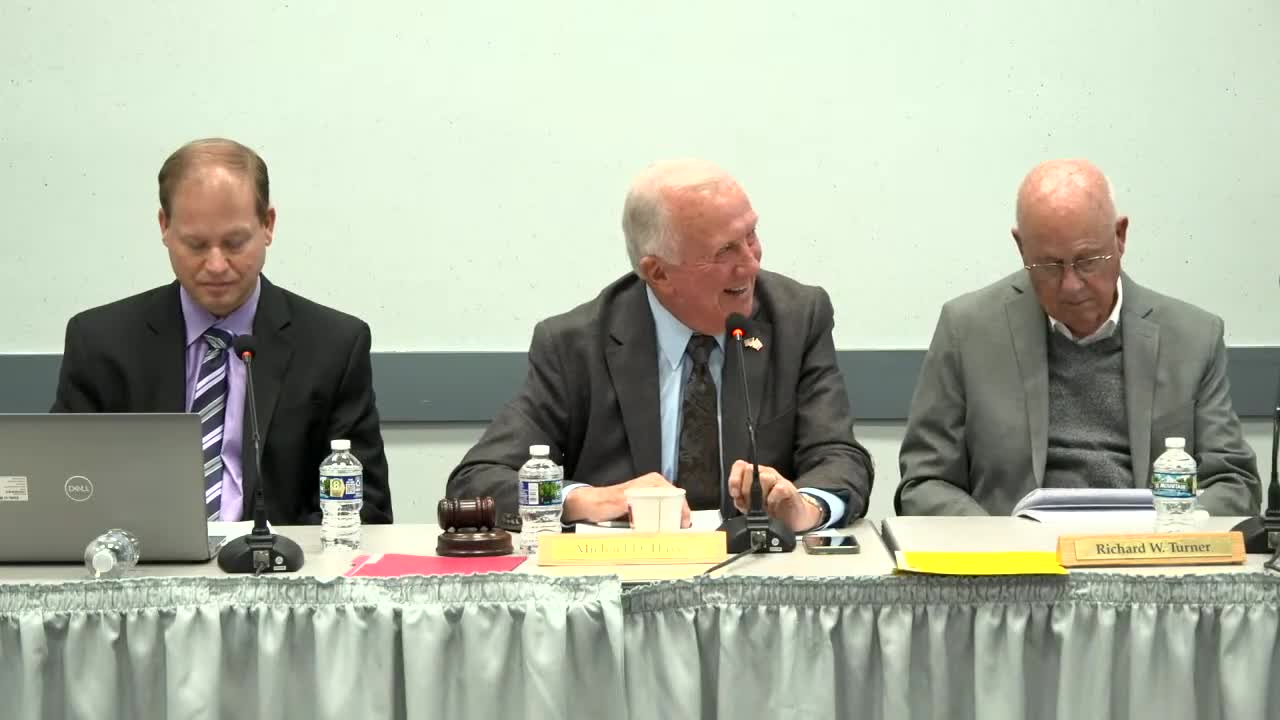State Transportation Commission approves $16.1 billion five-year transportation program for 2026–2030
Get AI-powered insights, summaries, and transcripts
Subscribe
Summary
The Michigan State Transportation Commission approved MDOT's draft final Five-Year Transportation Program for fiscal years 20262030, a $16.1 billion plan that emphasizes road and bridge preservation while maintaining multimodal investments. The plan will be transmitted to the Legislature by March 1, 2026, after routine edits and formatting.
The State Transportation Commission voted to approve the Michigan Department of Transportation's draft final Five-Year Transportation Program for fiscal years 2026 through 2030, a package MDOT presented as a $16.1 billion set of investments focused on preserving the trunk-line system and sustaining multimodal services.
MDOT staff said the program includes about $10.7 billion for highway needs and $5.4 billion for bus, marine, rail, ports and aeronautics. Michael (MDOT staff) told commissioners, “total investments over the next 5 years, we're looking at $16,100,000,000,” and outlined year-by-year allocations that prioritize pavement and bridge preservation, routine maintenance and system safety operations.
Why it matters: The five-year plan guides state and federally funded work on M routes, I routes and U.S. routes and sets funding expectations for local and regional partners. MDOT said the draft reflects the department's public outreach and the executive budget assumptions and is a statutory deliverable that must be transmitted to the Legislature and fiscal agencies by March 1, 2026.
Public outreach and response: MDOT reported an expanded outreach effort for this iteration of the plan. The department said it used a combination of web tools, an interactive program portal with mapping, and social media. Officials reported 831 comments received during the Aug. 1Sept. 1 public comment window, up from 274 in the prior 5-year cycle; the department said it uses the comments to refine project details and regional programming.
Program highlights and near-term items: MDOT noted that the highway program allocates funds for preservation (paving, bridge work, right-of-way and final construction costs), routine maintenance (snow plowing, sweeping and facility costs) and system safety activities such as signage and signals. The department also included multimodal funding streams for local bus operating and capital, marine and rail infrastructure, and airport improvements.
Next steps and transmittal: MDOT staff told commissioners that a small number of editorial and accessibility edits remained. After approval, the department will finalize the document and transmit it to the Legislature, the state budget director and the House and Senate fiscal agencies by the statutory deadline of March 1, 2026.
Commission action: Commissioners approved the plan by voice vote and directed staff to complete the technical edits and prepare the transmittal package to the Legislature.
